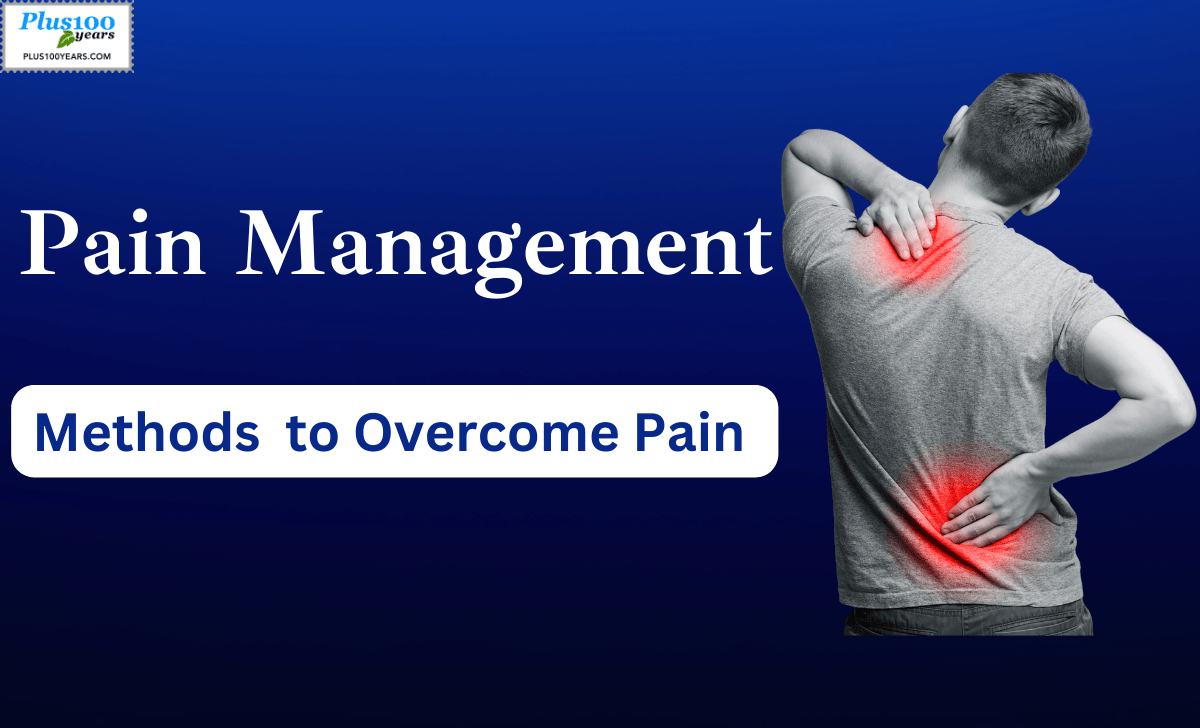
Best Methods for Reducing Persistent Pain
Pain. The older your get, the more prevalent it seems to become. You may rarely go a day without something hurting, be it your arthritic fingers and toes, your stiff lower back, your IBS, your strained muscles, and more.
You can try your best to self-medicate and endure the pain all by yourself. Or you can seek out the services of a professional pain therapist/counselor like Macomb Pain Management, a pain control clinic in Macomb County, MI.
Whatever you choose to do, you should realize this: pain is not just an annoyance; it is a message your brain sends to inform your body that something is broken. The good news is that there are many ways to treat persistent pain.
According to a recent report, whether you've been living with pain for a short time or over the long term, some tried-and-true pain relieving home remedies will bring you the help you need.
Here are just a few.
Get Some Exercise
Say the experts, everyday physical activities and exercises like dancing, working in the garden, mowing the lawn, swimming, walking briskly, jogging, and weightlifting can ease chronic pain by "directly blocking pain signals to the brain.”
Physical activity will also reduce pain by loosening tense muscles, joints, and ligaments. It’s considered normal if you’re anxious about exercising when your body is in pain since you might be concerned with doing more damage. However, by gradually increasing the intensity of your workout, you won't cause harm. Instead, you will strengthen muscles and even add muscle tissue.
In the end, the overall benefits of exercise outweigh any pain increases.
Learn to Breathe Right
If you’re in pain, especially immediately after suffering a physical injury, you need to concentrate on your breathing. If pain is intense, it's normal to take short, shallow, quick breaths. But these only make you dizzy and can cause you to panic. Instead, learn to breathe by inhaling deeply and slowly exhaling.
By breathing correctly, you will feel more relaxed and in control. It will also prevent any anxiety or muscle tension that can worsen your intense pain.
See a Pain Counsellor or Pain Therapist
Persistent pain is said to make you irritable, anxious, and perpetually tired. This state only exacerbates your pain, and it can also lead directly to a "downward spiral" of alcohol and pain medication abuse. You should learn instead, to be good to yourself and treat your body the right way.
Studies show that living with chronic pain is never easy. You can be your worst enemy by being obstinate and refusing to participate in everyday activities even when you must accept certain limitations.
With this in mind, some people suffering from pain often find it useful to seek help from a certified pain therapist and/or counselor. They might also see a hypnotherapist or even a psychologist to get to the bottom of how they are dealing with persistent pain on an emotional level.
You can seek out the treatment you need for your persistent pain by Googling “pain counselors near me.”
Distractions
Sitting around the house and brooding about your pain is not good, and this will only cause you sadness and depression. Your family members will not want to be around you.
Instead, you need to distract yourself by engaging in activities that you enjoy and that stimulate your body and your mind. Hobbies such as writing, photography, sewing, knitting, cooking, fishing, and going for long drives are all possible when you lack full mobility.
Talk Things Out
Experts agree that it's important to talk openly about your pain, and this means sharing your story with others. It always helps to speak with someone else who has experienced the same exact variety of pain you are presently experiencing. They will understand what you are going through and hopefully offer sound advice on how to deal with it.
You can contact Versus Arthritis, Pain Concern, Action on Pain, and BackCare. Each of these organizations has telephone support helplines answered by people like you who suffer from chronic and persistent, long-term pain. They will not only take the time to talk to you but also put you in touch directly with patient support groups in your area.
Also, you can check out the healthtalk.org website, which contains dozens of videos and testimonials explaining other people's experiences with persistent pain and how they are learning to live with it.

Add new comment